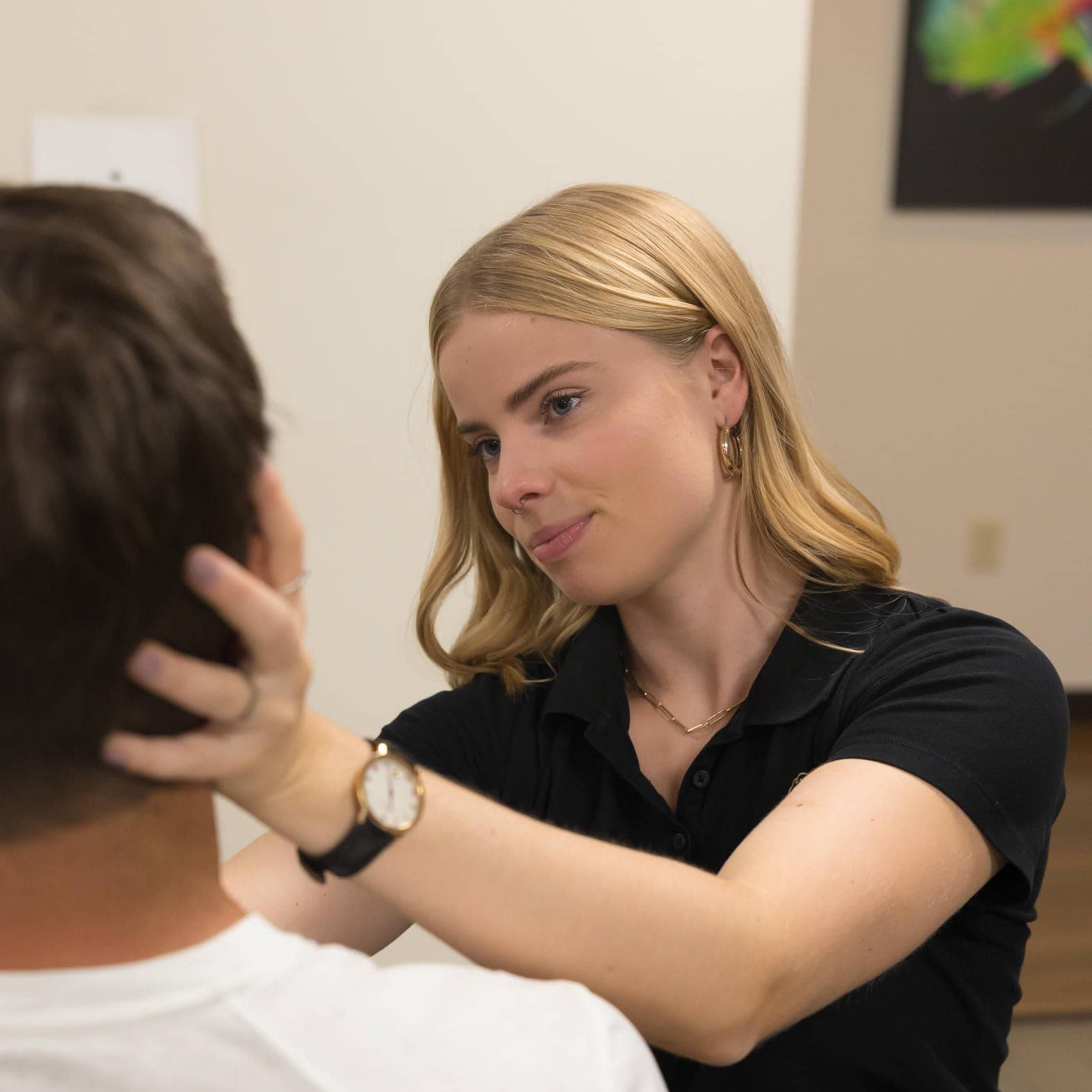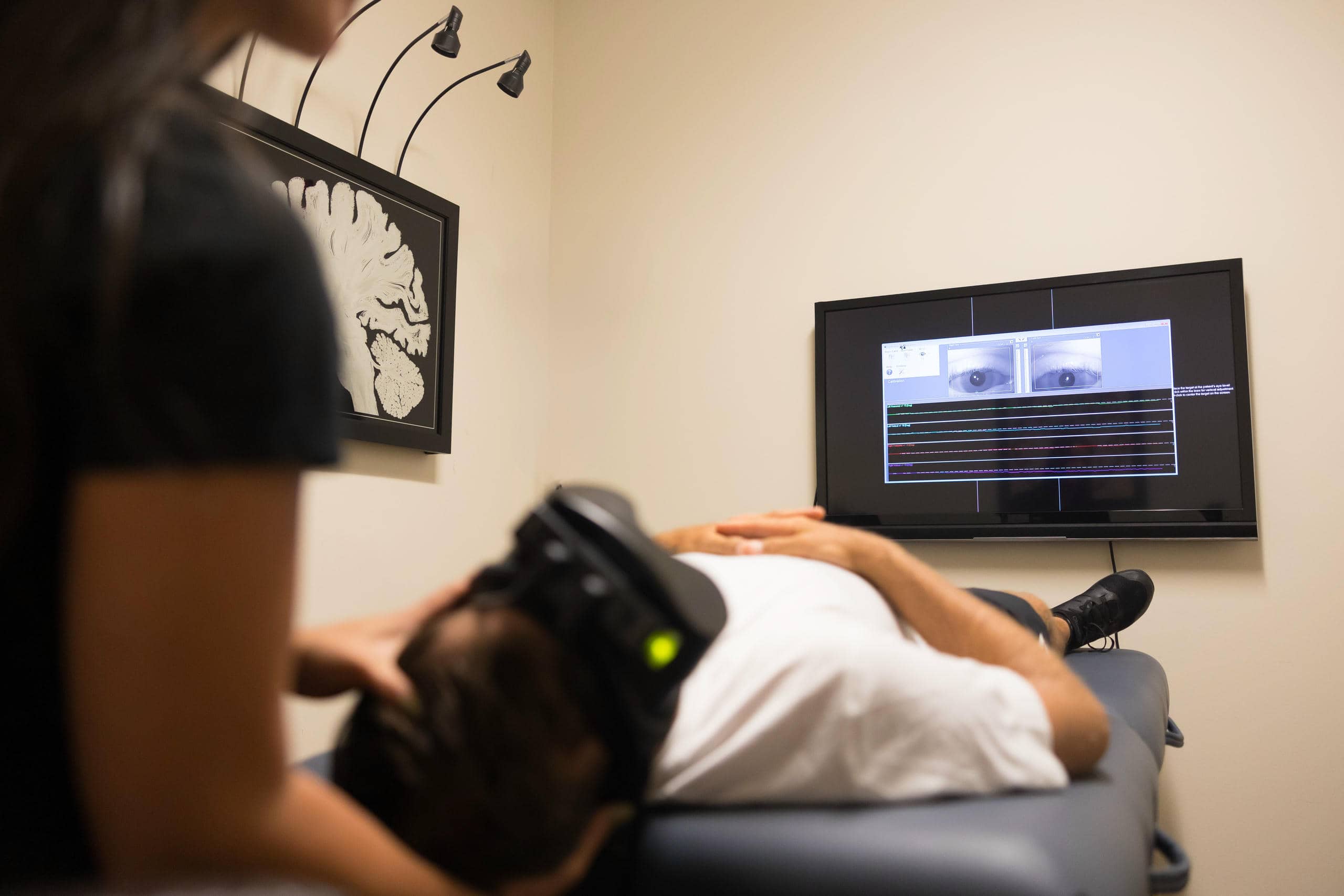 What is Vertigo?
What is Vertigo?
Vertigo is a sensory disorder characterized by a profound and often disorienting sensation of motion, where the individual feels as if they or their environment is spinning or moving, despite being stationary. Vertigo can occur suddenly or develop gradually, with durations ranging from brief episodes to prolonged experiences. Regardless of its onset or length, vertigo can significantly impact various aspects of daily life.
Why are there so many vertigo definitions?
Vertigo can vary significantly from person to person. The complexity arises from the fact that vertigo can originate from multiple systems within the body, and depending on how that individual is affected, will impact how their symptoms present. While some causes may be identifiable through diagnostic imaging or testing, others may remain unexplained. Chronic vertigo can result from a combination of factors, including previous trauma, chronic conditions, or vestibular dysfunction. Each individual’s experience with vertigo is unique, necessitating an individualized approach to treatment and management to address both the symptoms and the underlying conditions. Working closely with healthcare providers to create a personalized treatment plan can be essential in restoring balance and improving quality of life.
If you have questions, please feel free to contact us or call our office at 770-664-4288.


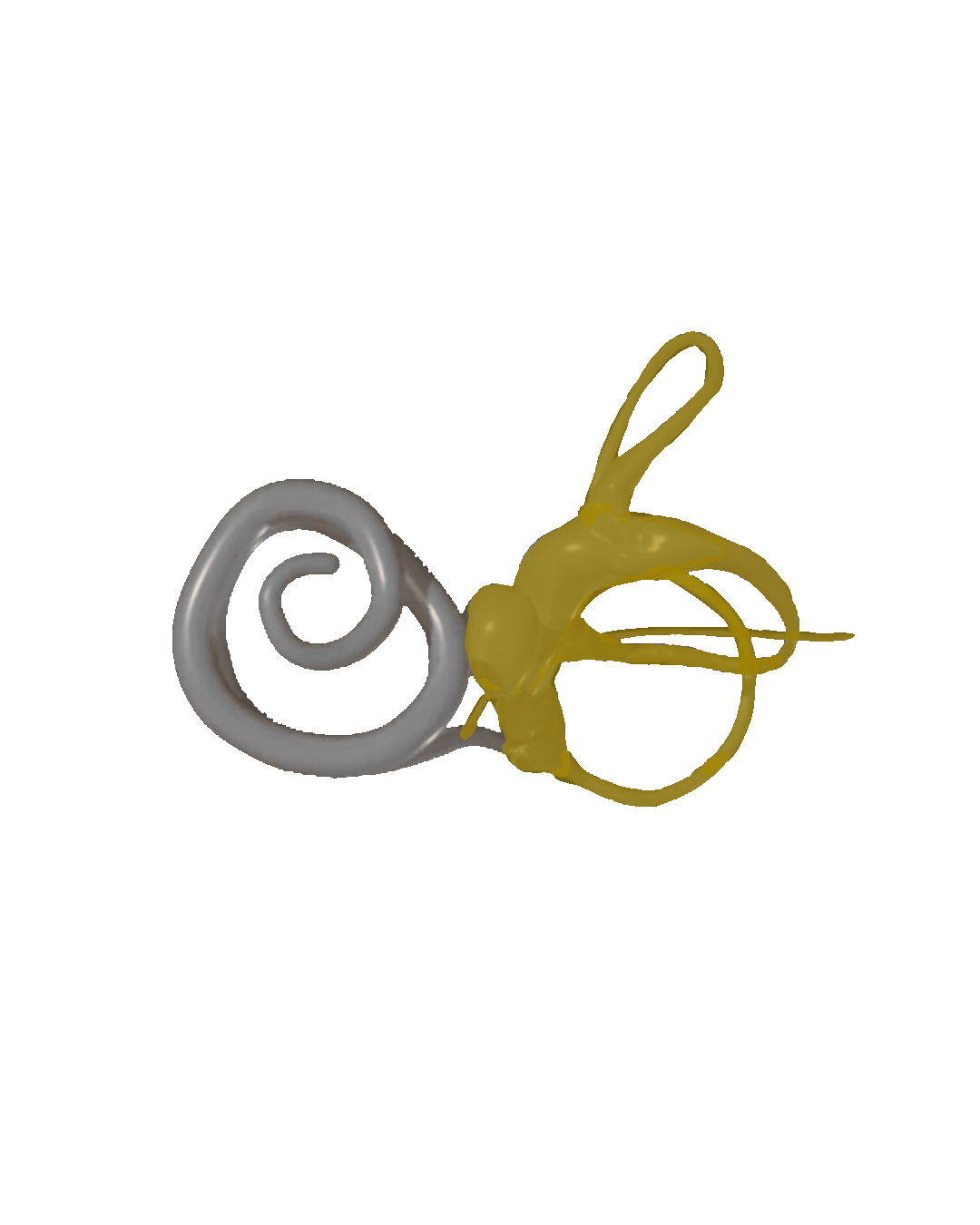 The Semicircular Canals
The Semicircular Canals 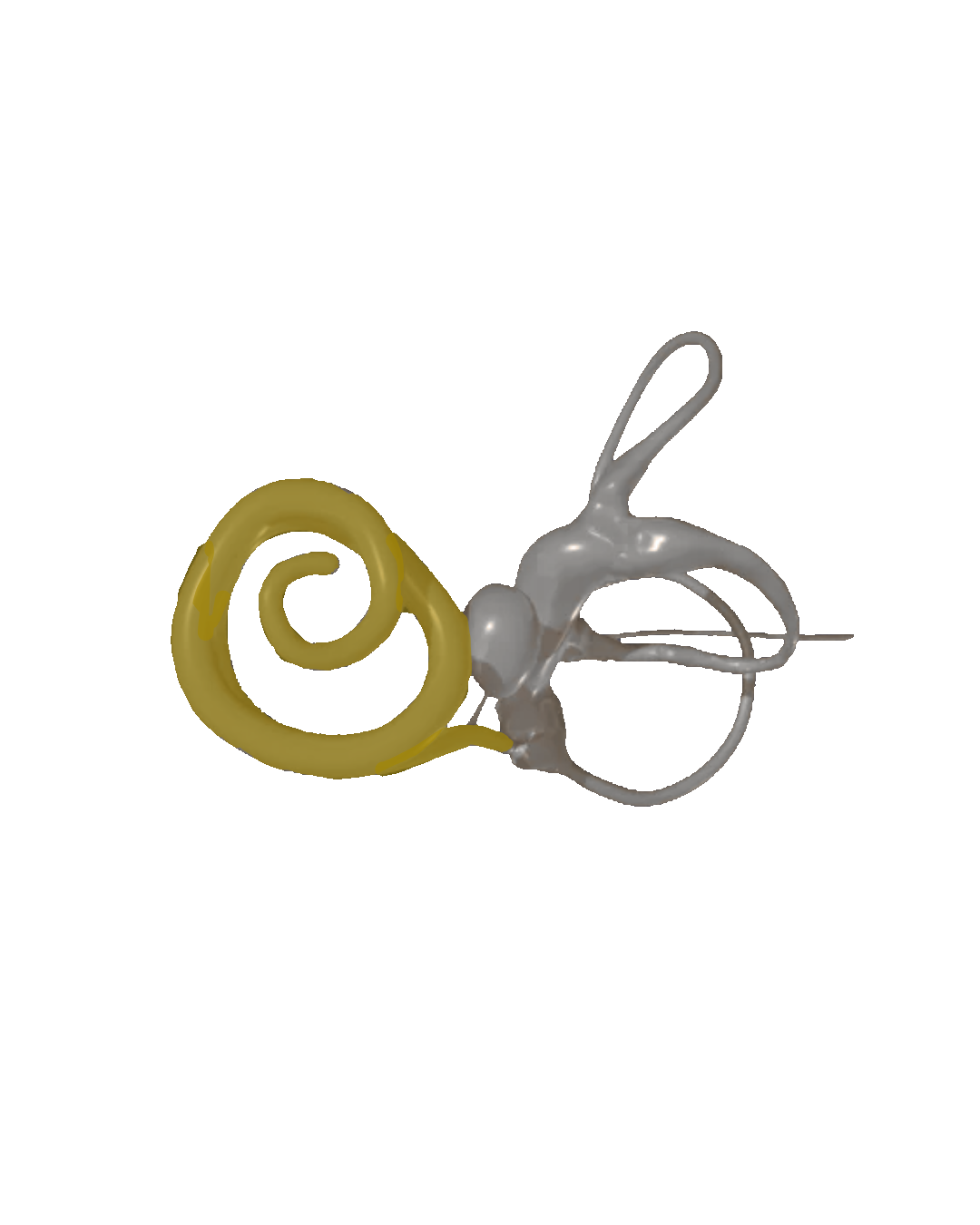 The Cochlea
The Cochlea 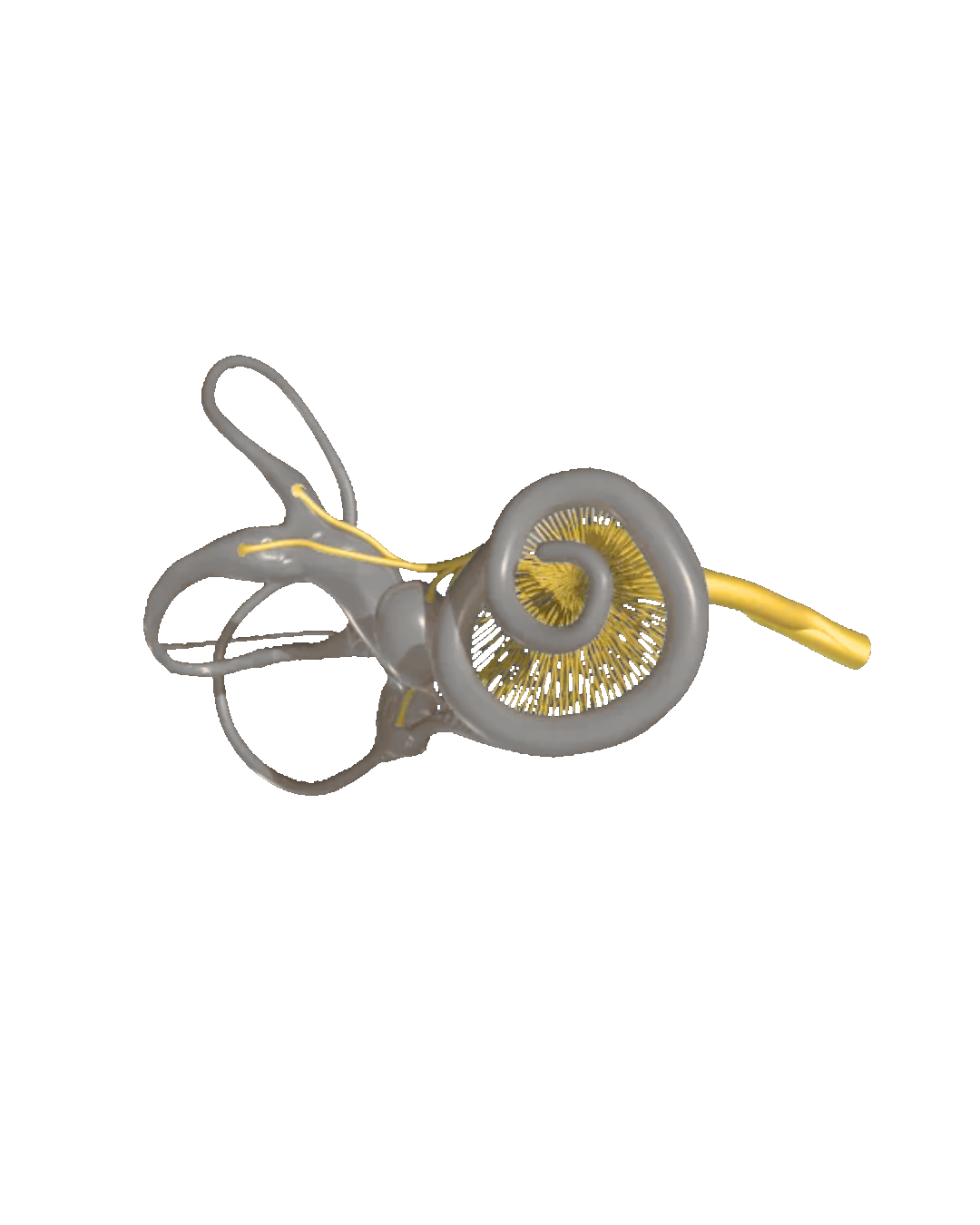 The Vestibulocochlear Nerve
The Vestibulocochlear Nerve 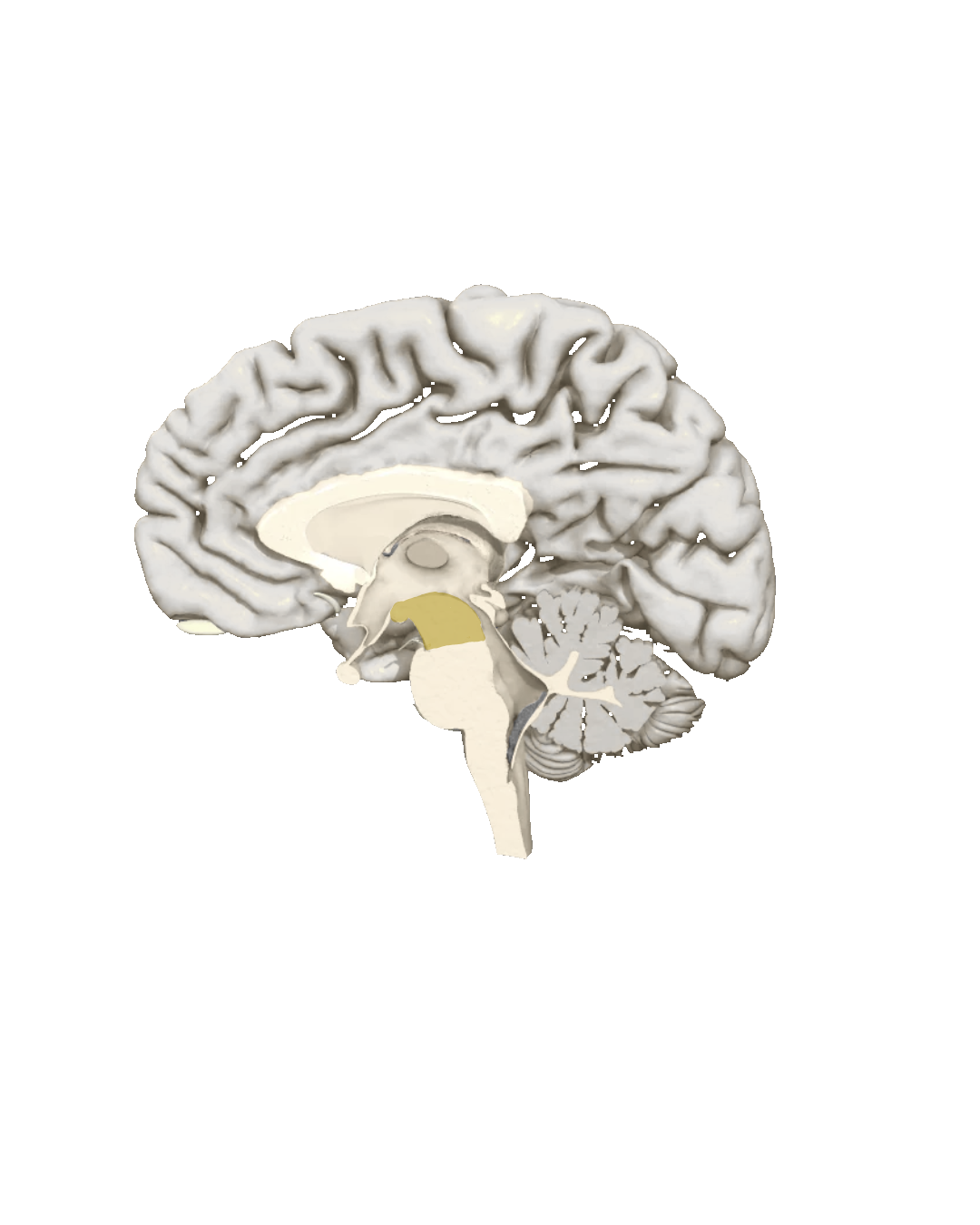 The Midbrain
The Midbrain 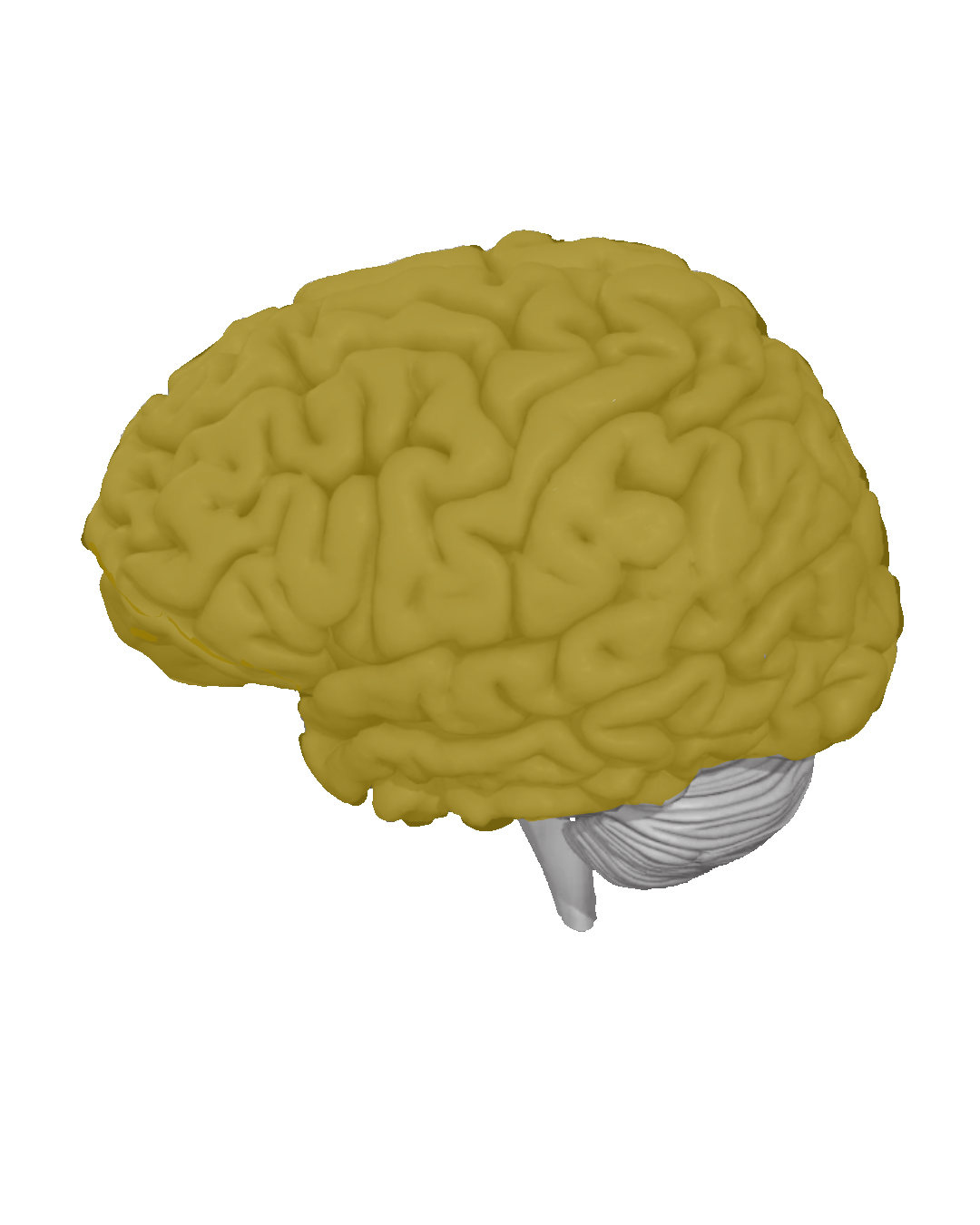 The Cerebrum
The Cerebrum 
